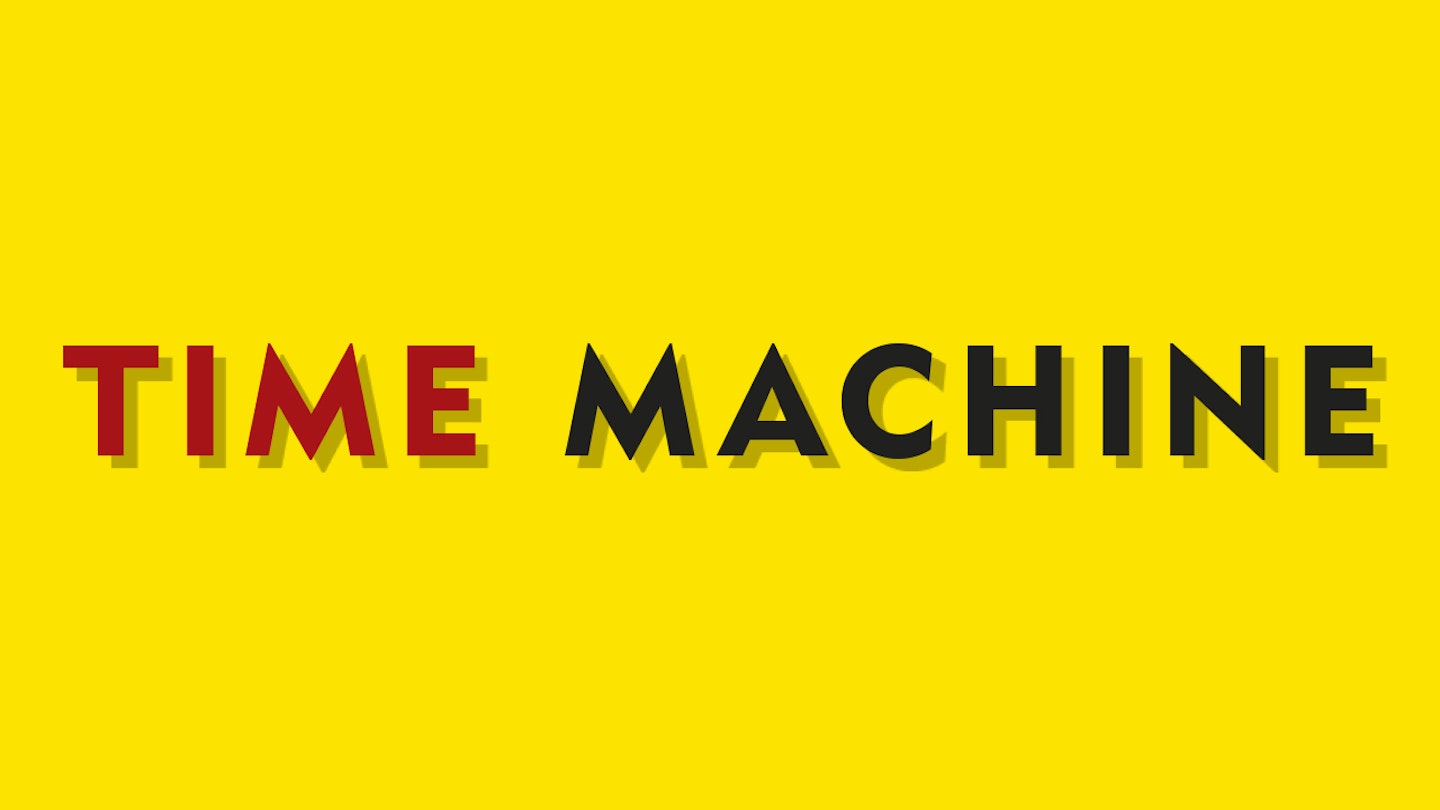6 August, 1977
Punk may have been raging, but disco was reaching its commercial peak in ‘77. Furthermore, between the opening of Studio 54 in New York in April and Saturday Night Fever hitting the screen in December, there was a disco hit that revolutionised what popular music could be. Spending its third week as Britain’s number one as August began, Donna Summer’s mechanoid-yet-libidinous I Feel Love predicted nothing less than the future of electronic music.
Its co-producer and co-writer, Giorgio Moroder, was happily nonplussed. “We did it just as an album track,” he told Record Mirror later that year. “Donna finished in 10 minutes. Neither of us thought it would be as big as it’s been.”
Summer was a versatile pop vocalist from Boston who’d moved to West Germany to be in a production of Hair. She’d already enjoyed worldwide success with 1975’s torrid Love To Love You Baby, co-written with Moroder and Pete Bellotte, his production partner at Munich’s Musicland Studios. The song included sufficient orgasmic groaning to warrant an airplay ban from the BBC, but Summer was unruffled. “In Germany it’s very hard to make a decent record because they have no taste,” she told Sounds. “So the only way is to shock them and then they will start to accept you.”
The road to I Feel Love began with I Remember Yesterday, Summer’s fifth LP with Moroder and Bellotte. Released in May ’77, it was conceived of as a disco album which revisited the sounds of previous decades, variously taking in forties big band stylings, Spectoresque girl group drama and Motown. The album’s closer, I Feel Love was intended as a sudden leap into the future – coloured, no doubt, by Wendy Carlos fan Moroder’s interest in electronic sound, which had already manifested on his 1972 hit Son Of My Father. Moroder admitted that he’d briefly considered the Cantina music from Star Wars as a possible blueprint: “(But) I didn’t think it was the music of the future,” he told the Guardian in 2015. “I thought, the only way to do it is to do it with only computers.”
Working at Musicland in early ’77, the vehicle used to achieve fusion was a Moog Modular synthesizer borrowed from composer Eberhard Schoener. The lush disco norms of strings and horns were replaced by a driving electronic pulse marshalled by Moog expert and Schoener technician Robbie Wedel. Adding delay to the throbbing bassline, Moroder sculpted a snare drum sound from white noise generated by the Moog, though the metronomic thump of the bass drum came courtesy of London-born session man Keith Forsey. A human heartbeat among the oscillators, Forsey also played with Moroder’s Munich Machine on ’77’s racey near-hit Get On The Funk Train.
In 2017, Bellotte told Mixmag’s Bill Brewster that before she recorded her vocal, Summer had been in discussions with her astrologer about new love interest, Bruce Sudano of blue-eyed soul act Brooklyn Dreams. Sudano was declared a keeper. Infused with emotion, she cut the song in a high, breathy register in a single take, losing herself in the minimal lyrics of heightened awareness and erotic-spiritual communion.
“I knew that could be a sound of the future, but I didn’t realize how much the impact would be.”
Giorgio Moroder
Though the single was initially released on the flip of sentimental slowie Can’t We Just Sit Down (And Talk It Over), its success in clubs turned the tables and it was soon topping charts across the globe, peaking at number six in the US in November. Admirers including The Human League, Blondie, Sparks and Simple Minds all fell under its spell: Bowie recalled Brian Eno giving him a copy of the record with the words, “This single is going to change the sound of club music for the next 15 years.” Another fissure to the future came with Hi-NRG producer Patrick Cowley’s epic 1978 bootleg rework, a virtuoso example of the remixer’s art. “People wanna dance, they wanna move,” Summer reflected to Smash Hits in 1979. “To me, discos are indoor playgrounds where people go to wind down from their frustrations.”
In ’77, she wasn’t slowing down. In September Down Deep Inside, her theme to scuba-diving adventure movie The Deep, hit number five, and she’d have another 17 UK top twenty hits before her death in 2012. She’d stopped working with Moroder in 1981, though the two reunited for 1992 Grammy winner Carry On. Moroder continued to produce with distinction and worked in film, coming back into sharp focus when he worked with Daft Punk on 2013’s Random Access Memories. In recent years he turned to DJing, and no set is complete without I Feel Love. As he said in his Daft Punk collaboration Giorgio By Moroder, “I knew that could be a sound of the future, but I didn’t realize how much the impact would be.”
